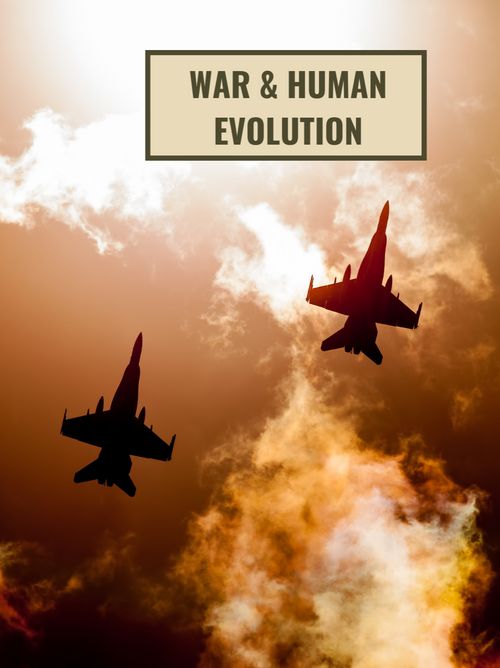How war made humans a cooperative species
Nov 20, 2021 · 2 mins read
0
Share

You probably think of war as a breakdown of cooperation, and that makes intuitive sense. In his book Ultrasociety, Peter Turchin argues war is the reason cooperation evolved in the first place. Here's how👇
Save
Share
A trait spreads widely when the costs of not having it are so severe that individuals without it go extinct. Cooperation is one such trait among complex human societies - but why? Because of the agricultural revolution, Turchin says.
Save
Share
When humans became farmers, losing a war meant losing fertile land and swift starvation. Societies that could cooperate in large numbers turned up for war in larger numbers, and beat societies that couldn't. The cooperation gene spread.
Save
Share
Turchin notes the "economic and information benefits" of large societies, but states these benefits aren't as stark and existential as war. Yes, bigger societies benefit from division of labor and economies of scale, but they evolved because they were better at war making.
Save
Share
Good, bad, and ugly of complex societies. There's certainly strength in numbers. Turchin writes that larger societies are better at "coordinating production and distribution, managing flows of goods and information, and, more generally, producing public goods that benefit all."
Save
Share
But that's too rosy a picture. Marx argued larger societies allow a small elite to live parasitically off the masses. Besides, in big societies, small failures can often spready virulently across the whole society and lead to systemic failure.
Save
Share
When better cooperators beat worse cooperators at war, they either stamp out the non-cooperative genes via wholesale genocide or "culturicide." Culturicide is when the losing side isn't killed but converted into the value-set of the winners, which tended to include cooperation.
Save
Share
Turchin asks: "Under what conditions is lethal conflict between human groups creative, and under what conditions is it only destructive?" War promotes cooperation if it's between two societies, but it inhibits cooperation when within the same society, i.e. a civil war.
Save
Share
Fighting an enemy outside promotes sacrifice, cooperation, and stronger internal cohesion. Fighting an enemy within promotes suspicion, a tendency to fend for oneself, and a breakdown of the cooperative spirit.
Save
Share
Bottom line. The book's subtitle is: "how 10,000 years of war made humans the greatest cooperators on Earth," and Turchin makes a compelling case. War put a simple choice to humans: get better at cooperating in large groups, or be wiped out by enemies with better cooperation.
Save
Share
0